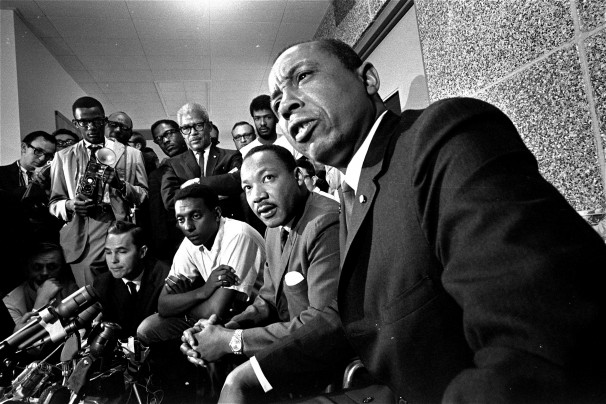


It is a call to reject the racist institutions and values of this society. It is a call for black people to begin to define their own goals, to lead their own organizations and to support those organizations. is a call for black people in this country to unite, to recognize their heritage, to build a sense of community. The adoption of the concept of Black Power is one of the most legitimate and healthy developments in American politics and race relations in our time. Stokely Carmichael and Charles Hamilton, Black Power: The Politics of Liberation in America, 1967 In their manifesto for Black Power, the two men rejected integration and urged a more radical, confrontational approach to civil rights. In 1967, he co-authored a book titled Black Power: The Politics of Liberation in America with Charles V. Martin Luther King, Jr., and SCLC and began to call for a more militant approach to ending segregation. Carmichael grew increasingly disenchanted with the nonviolent approach of Rev. In 1966, he became chair of SNCC, taking over for John Lewis.

Stokely Carmichael, later known as Kwame Ture, was a prominent organizer in the civil rights movement and member of SNCC who participated in the CORE Freedom Rides, Freedom Summer, and the Selma marches. I can analyze issues in history to help find solutions to present-day challenges.Ī movement emerging in the mid-1960s that sought to empower Black Americans rather than integrate them into white society.I can create an argument using evidence from primary sources.I can compare movements for liberty, equality, and justice for African Americans over time.I can explain why the civil rights movement fractured in the 1960s.I can explain how laws and policy, courts, and individuals and groups contributed to or pushed back against the quest for liberty, equality, and justice for African Americans.I can interpret primary sources related to Founding principles of liberty, equality, and justice in the 1960s to the present day.What progress has been made in the twentieth century in the fight to realize Founding principles of liberty, equality, and justice for African Americans? What work must still be done?


 0 kommentar(er)
0 kommentar(er)
